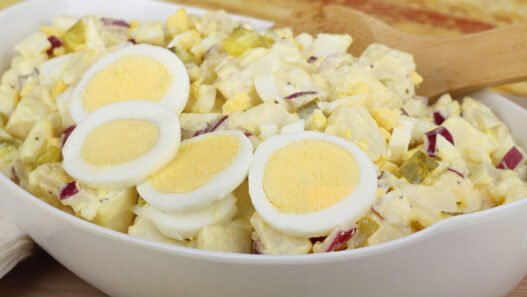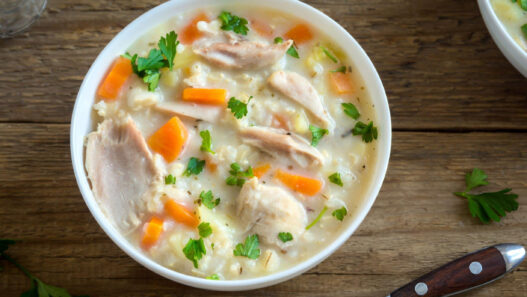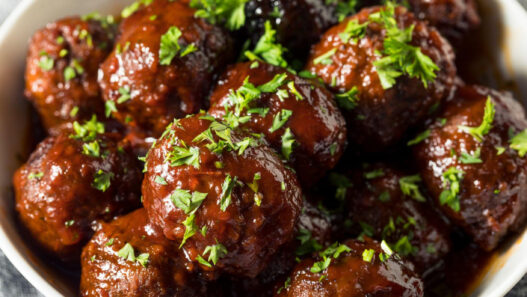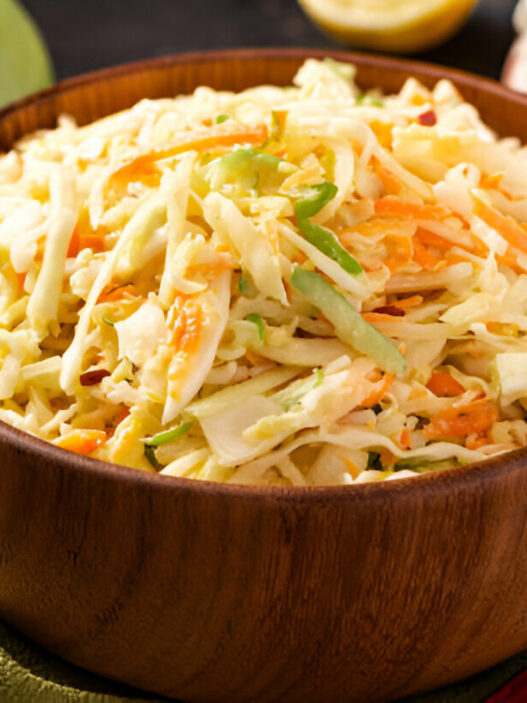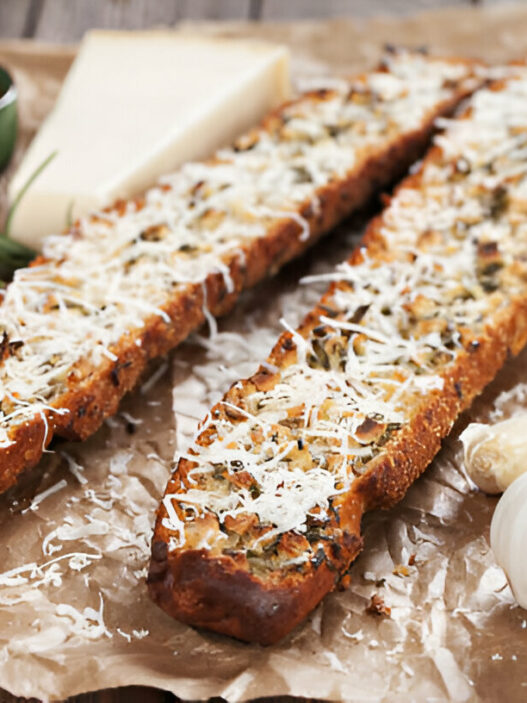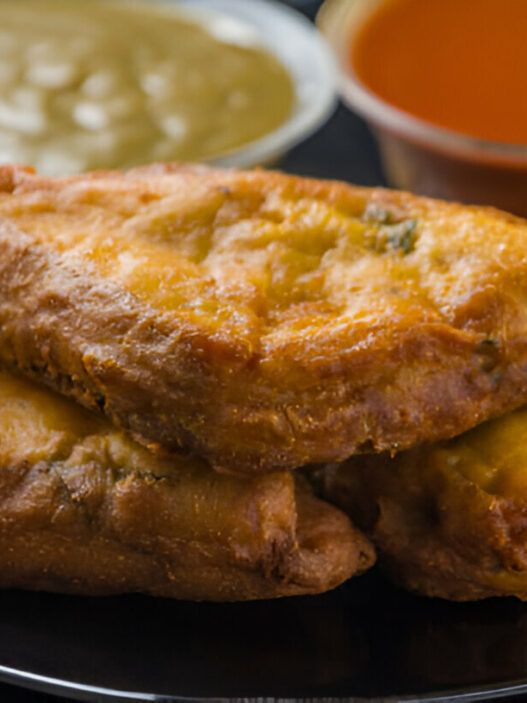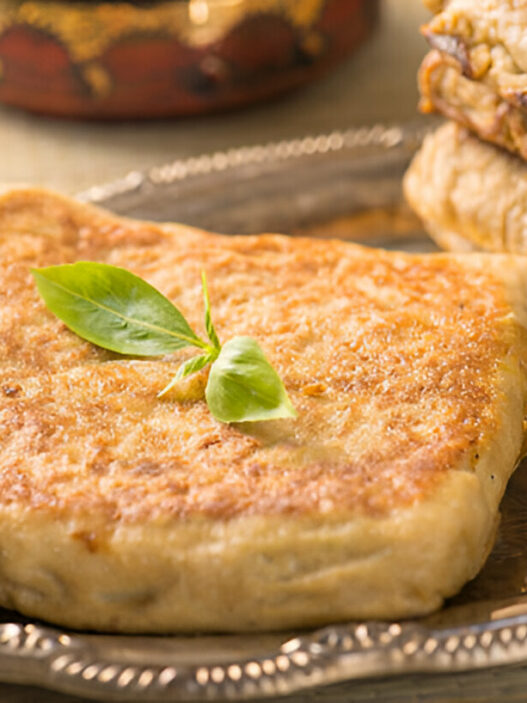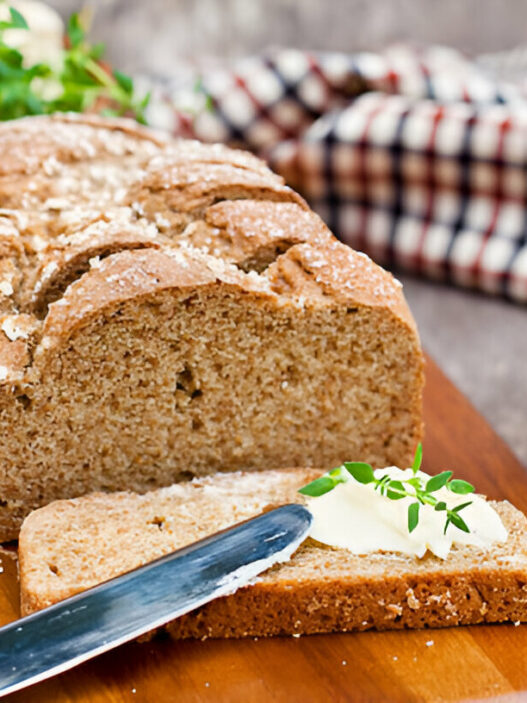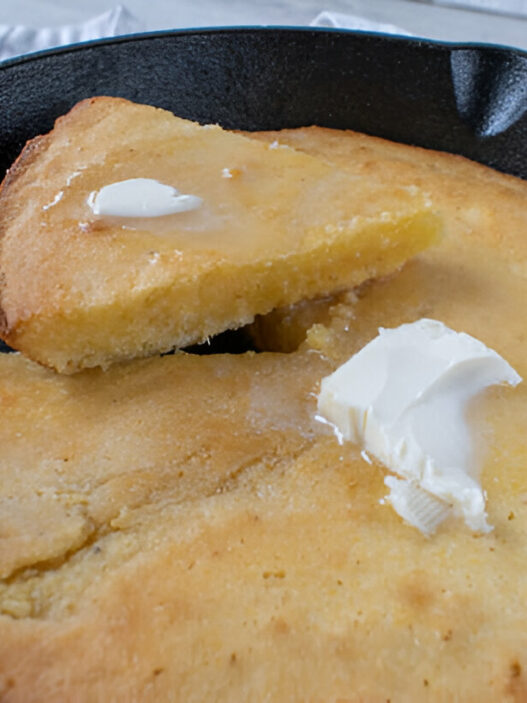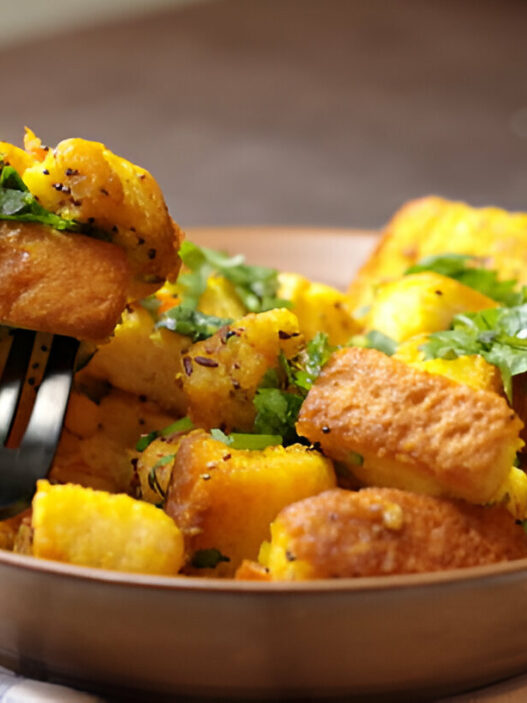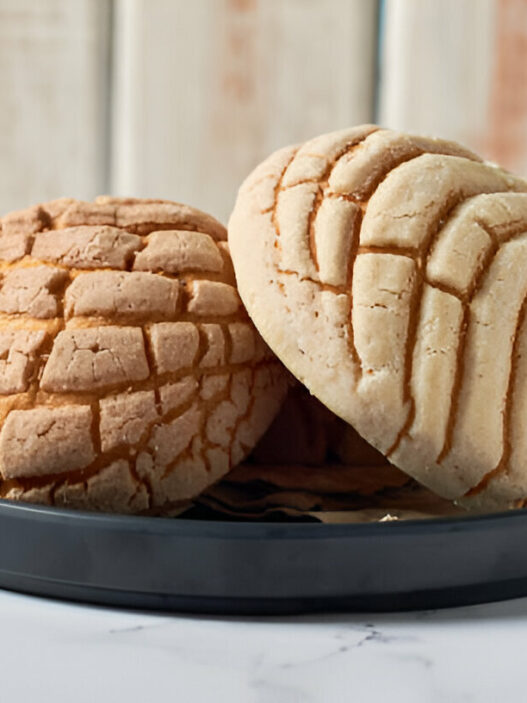Pickled cabbage is the kind of recipe that instantly livens up a dish. With its sharp tang, satisfying crunch, and subtle sweetness, it adds a layer of brightness that enhances everything from sandwiches to rice bowls. This version is easy to make, requires only basic pantry ingredients, and transforms humble vegetables into a vibrant condiment you’ll reach for again and again.
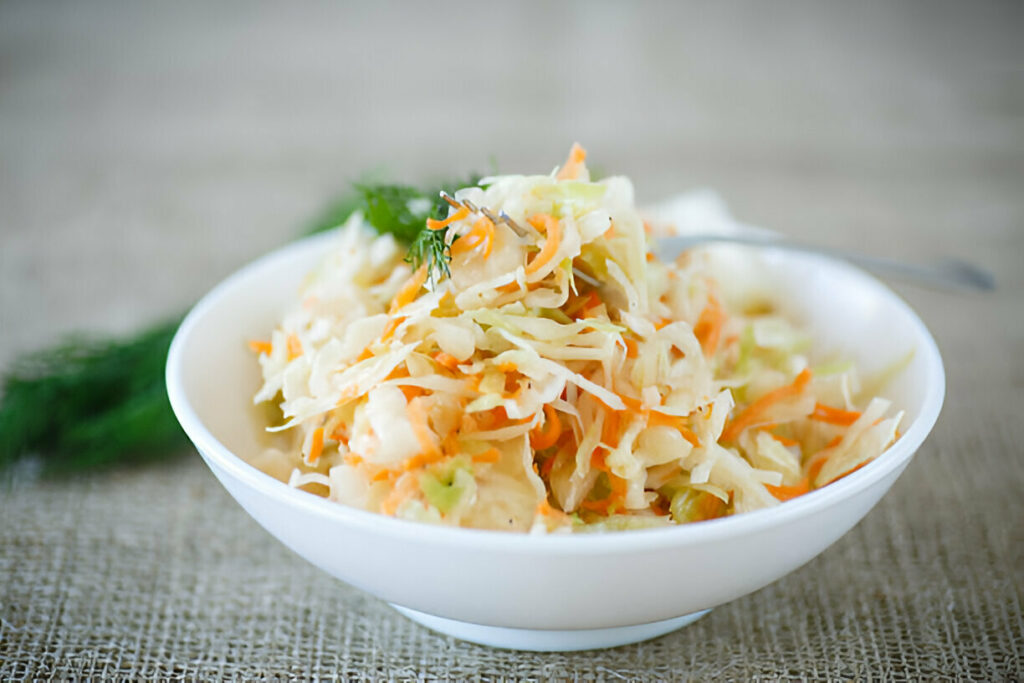
Ingredient Breakdown
The star of the show is cabbage—crisp, fresh, and perfectly suited for soaking up brine. Choose a small head of green cabbage, around two pounds, that feels firm and dense. Its natural sweetness balances beautifully with the vinegar-based marinade, and when thinly sliced, it softens just enough without losing its satisfying crunch.
Carrots and bell peppers are more than just supporting characters. The carrots add a mellow sweetness and a pop of orange color, while the bell pepper—any hue you like—brings gentle earthiness and extra vibrancy. Together, they round out the texture and create a more complex and appealing bite.
The pickling brine is a harmonious blend of pantry staples: water, sugar, salt, white vinegar, and olive oil. The sugar tempers the vinegar’s acidity, while salt sharpens the flavor. The brine not only preserves the vegetables but also develops layers of flavor as it rests.
Olive oil may seem unconventional in a pickling liquid, but it adds a subtle silkiness and a mild richness that coats the vegetables without making them greasy. It softens the overall acidity, bringing balance to the bold, tangy elements.
Step-by-Step Preparation Guide
Begin with the vegetables. For visual appeal and consistent texture, slice the cabbage and bell pepper into thin, uniform strips using a sharp knife or mandoline. Shred the carrots finely to allow them to disperse evenly throughout the mixture. Toss everything together in a large mixing bowl to combine thoroughly.
In a small saucepan, combine the water, sugar, and salt. Bring the mixture to a boil over medium heat, stirring occasionally to ensure the granules dissolve completely. Once the liquid is clear and simmering, remove it from the heat. Immediately stir in the distilled white vinegar and olive oil to finish the brine.
Transfer the cabbage mixture into a clean glass jar, packing it tightly to remove air pockets and allow for complete submersion in the liquid. Slowly pour the warm brine into the jar, covering the vegetables fully. Press them down gently with a spoon to make sure every bit is submerged.
Let the jar cool to room temperature before sealing it. Refrigerate for at least 12 hours to let the flavors fully develop. The longer it rests, the more pronounced the flavor becomes—by day two or three, the cabbage will be fully transformed.
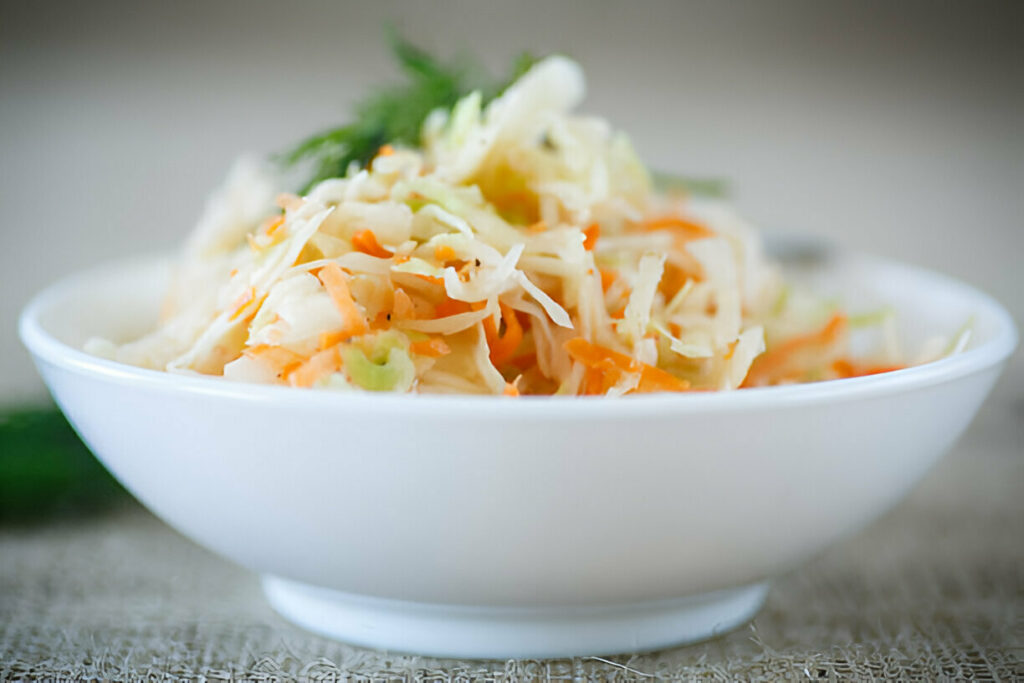
Recipe Tips
Use a mandoline or food processor for even slicing:
Consistency in size ensures that all the vegetables pickle at the same rate.
Massage the cabbage slightly for a softer, more flavorful result:
This step breaks down some of the fibers, allowing it to absorb the brine more deeply.
Always use clean glass jars to avoid contamination:
Even though these are refrigerator pickles, a sanitized jar will help prolong shelf life.
Letting the pickles sit longer enhances the flavor and texture:
While 12 hours is the minimum, the taste improves significantly after a full day.
What to Serve With This Recipe
Add a spoonful to your favorite sandwiches, burgers, or wraps—it brings a crisp, tangy edge that cuts through rich ingredients like cheese or meat. It’s an excellent complement to roasted meats and grilled sausages, balancing out the fattiness with acidity and crunch.
Serve it on the side of rice dishes, pan-fried dumplings, or stir-fried noodles for a refreshing contrast. It also pairs wonderfully with Mediterranean spreads—tuck it onto a mezze board beside olives, hummus, and pita bread for a colorful, flavorful addition.
Frequently Asked Questions
How long does pickled cabbage last in the fridge?
It keeps well for up to 2 weeks in a tightly sealed glass jar. The flavor intensifies over time, making it better with age.
Can I use red cabbage or add other vegetables?
Yes, red cabbage works beautifully and gives a striking magenta hue. You can also include thin slices of radish, fennel, or onions.
Is it okay to use apple cider vinegar instead of white vinegar?
Absolutely. Apple cider vinegar adds a slightly fruity note and is a great substitute if you prefer a gentler acidity.
Do I need to sterilize the jars for refrigerator pickles?
Not strictly necessary, but it’s best to wash jars in hot, soapy water or run them through a dishwasher before using to ensure cleanliness.
Creative Variations
Spice up the brine with whole mustard seeds, a clove of garlic, or sprigs of fresh dill for a flavor punch. Swap olive oil for toasted sesame oil and add a few drops of soy sauce to give it an Asian-inspired profile.
Use a mix of bell pepper colors—red, yellow, and orange—for a rainbow effect that looks just as good as it tastes. If you’re craving heat, add a sliced jalapeño or a pinch of chili flakes to the brine for a gentle burn.
This pickled cabbage is a simple yet punchy recipe that turns basic vegetables into something exciting and versatile. Whether layered onto sandwiches, served alongside a hearty main, or eaten straight from the jar, it’s the kind of pantry staple that brings zing and crunch to any plate. Easy to prepare, endlessly adaptable, and a colorful addition to any spread.
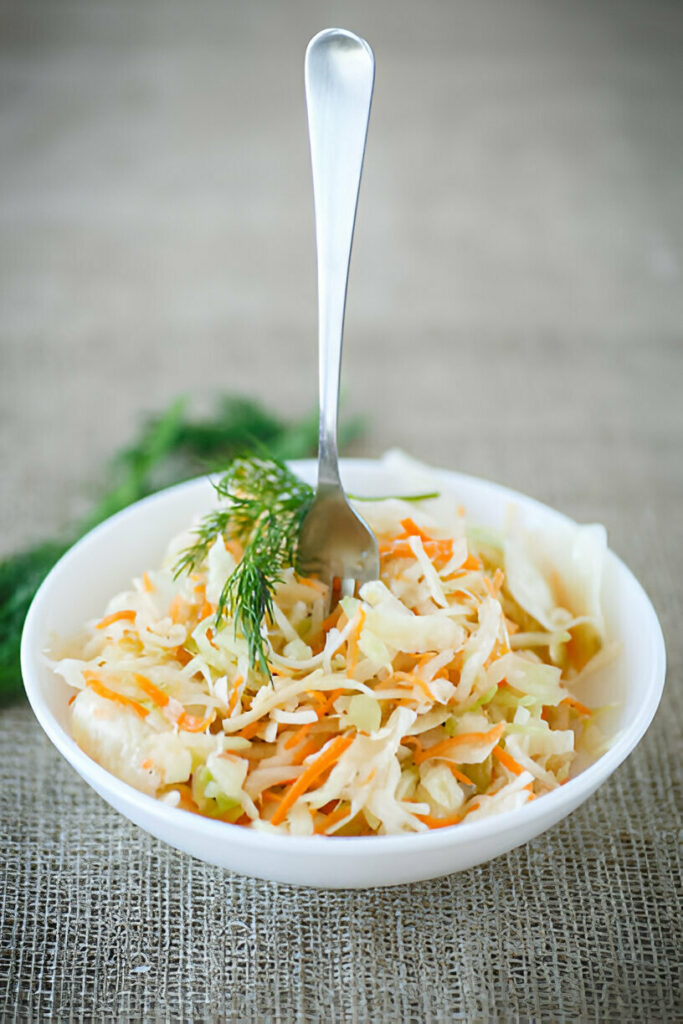
Ingredients
2 cups water
6 tablespoons distilled white vinegar (5% acidity)
7 tablespoons sugar
1 tablespoon salt
⅓ cup olive oil
1 small cabbage (about 2 lbs), thinly sliced
2 medium carrots, shredded
1 medium bell pepper, any color, thinly sliced
Instructions
Begin by preparing the vegetables. Thinly slice the cabbage and bell pepper into fine strips. Shred the carrots using a grater or food processor. Place all the vegetables into a large mixing bowl and toss thoroughly to combine and evenly distribute the colors and textures.
Transfer the mixed vegetables into a clean glass jar, packing the mixture tightly to make room for the marinade and to ensure full immersion.
In a small saucepan, combine the water, sugar, and salt. Bring to a gentle boil over medium heat, stirring occasionally to dissolve the solids completely. Once the mixture reaches a boil, remove it from the heat. Immediately stir in the distilled white vinegar and olive oil to complete the pickling brine.
Carefully pour the warm marinade over the cabbage mixture in the jar. Use a spoon to press the vegetables down, ensuring they’re fully submerged.
Let the jar cool to room temperature before sealing with a lid. Refrigerate for at least 12 hours to allow the flavors to develop. Serve chilled as a vibrant side or condiment.
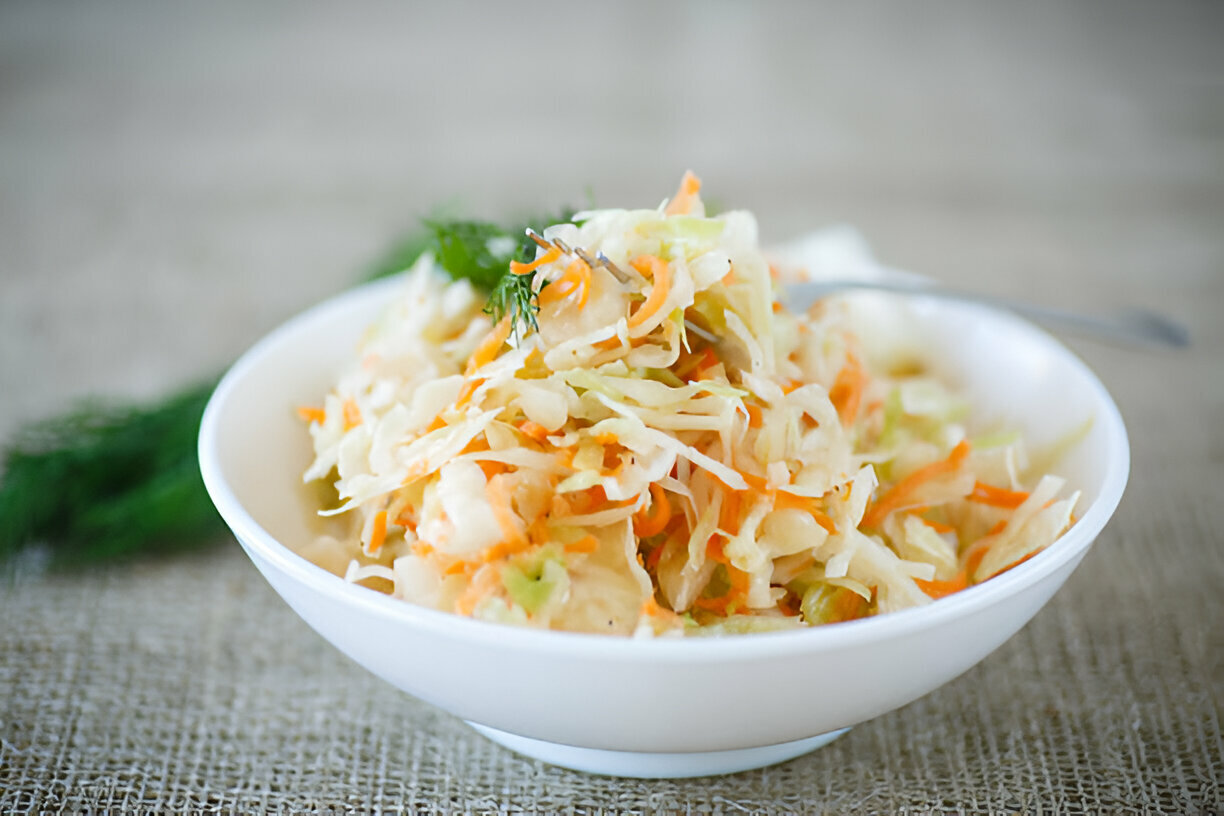
Pickled Cabbage Recipe
Ingredients
- 2 cups water
- 6 tablespoons distilled white vinegar 5% acidity
- 7 tablespoons sugar
- 1 tablespoon salt
- ⅓ cup olive oil
- 1 small cabbage about 2 lbs, thinly sliced
- 2 medium carrots shredded
- 1 medium bell pepper any color, thinly sliced
Instructions
- Begin by preparing the vegetables. Thinly slice the cabbage and bell pepper into fine strips. Shred the carrots using a grater or food processor. Place all the vegetables into a large mixing bowl and toss thoroughly to combine and evenly distribute the colors and textures.
- Transfer the mixed vegetables into a clean glass jar, packing the mixture tightly to make room for the marinade and to ensure full immersion.
- In a small saucepan, combine the water, sugar, and salt. Bring to a gentle boil over medium heat, stirring occasionally to dissolve the solids completely. Once the mixture reaches a boil, remove it from the heat. Immediately stir in the distilled white vinegar and olive oil to complete the pickling brine.
- Carefully pour the warm marinade over the cabbage mixture in the jar. Use a spoon to press the vegetables down, ensuring they’re fully submerged.
- Let the jar cool to room temperature before sealing with a lid. Refrigerate for at least 12 hours to allow the flavors to develop. Serve chilled as a vibrant side or condiment.

